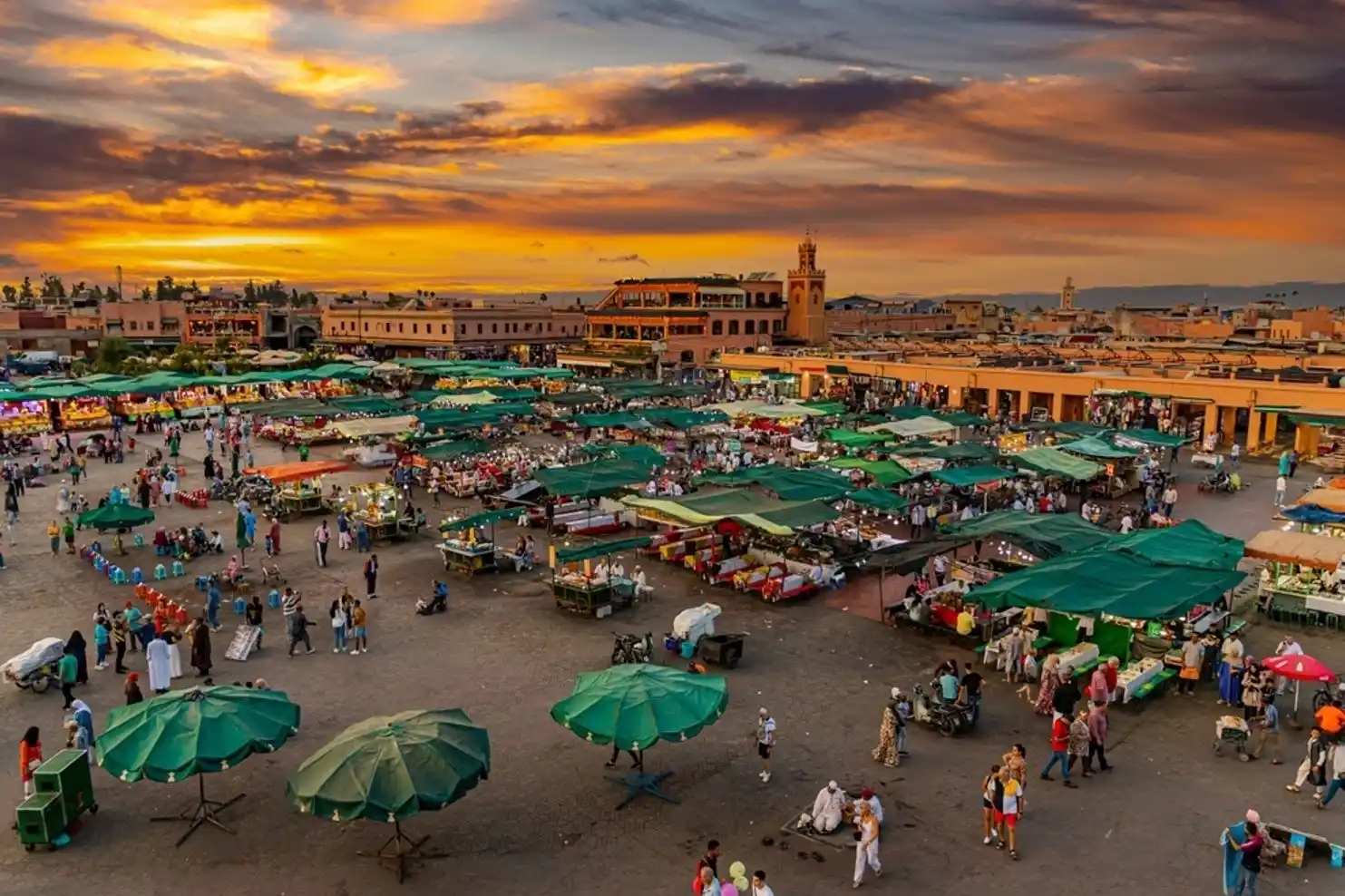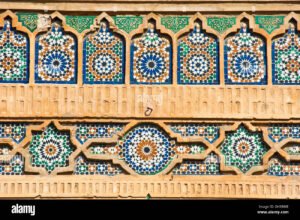Is Morocco Safe for Tourists in 2025? A Complete Guide to Travel Safety
Morocco is one of the most captivating travel destinations in the world, attracting millions of visitors each year with its rich history, stunning landscapes, and vibrant culture. From the bustling souks of Marrakech to the serene dunes of the Sahara, the country offers an unforgettable experience for tourists. However, before booking a trip, many travelers ask the same question: Is Morocco safe? Safety is a top priority, whether you’re a solo traveler, a couple on a romantic getaway, or a family exploring Morocco’s wonders. In 2025, Morocco remains a welcoming and secure destination, but like any country, it requires awareness of local customs, potential risks, and travel best practices. This guide will provide an in-depth look at Morocco’s safety for tourists in 2025, covering crime rates, cultural norms, transportation, health precautions, and essential travel tips. Have questions? Contact us now on WhatsApp, and our team will be happy to assist you!1. Is Morocco Safe for Tourists in 2025?
Crime and Personal Safety
Morocco has a low violent crime rate, especially compared to major cities in the United States and Europe. Most incidents involving tourists are limited to petty crimes like pickpocketing or minor scams, particularly in busy areas such as the medinas of Marrakech, Fes, and Casablanca.- Pickpocketing hotspots: Markets, public transportation, and crowded squares such as Jemaa el-Fnaa in Marrakech require extra caution.
- Common scams: Some unofficial guides may offer assistance and later demand payment. It is best to hire licensed guides through reputable agencies.
- Safe places to visit: Luxury hotels, private resorts, and upscale restaurants have security measures in place to ensure a safe environment.
Women’s Safety and Cultural Considerations
Morocco is a safe destination for female travelers, but it is important to respect local customs. Dressing modestly, especially in rural areas and religious sites, helps avoid unwanted attention.- Clothing recommendations: Loose-fitting clothing such as long dresses, skirts, or pants with a scarf for religious visits is recommended.
- Harassment concerns: Street harassment can occur in tourist-heavy areas, but it is generally harmless. A firm "no" or ignoring unwanted attention is usually enough.
- Solo travel safety: Many women travel to Morocco alone without issues. Staying in reputable accommodations and using official transportation increases safety.
2. Transportation Safety and Getting Around Morocco – Is Morocco Safe?
Taxis and Ride-Sharing Services
Transportation in Morocco is generally safe, but taking precautions can prevent unnecessary stress.- Taxis: Always negotiate the fare before starting the ride or ensure the driver uses the meter. In cities like Marrakech and Casablanca, taxi drivers may overcharge tourists.
- Ride-hailing apps: Services such as Careem and Bolt provide a safer and more transparent option compared to street taxis.
- Private drivers: For luxury travelers, hiring a private driver is the best option for comfort and security, especially for day trips outside the city.
Driving in Morocco
Renting a car is an option for exploring Morocco’s diverse landscapes, but driving in major cities can be chaotic.- Road conditions: Highways are well-maintained, but rural roads may have potholes and limited lighting.
- Traffic laws: Speeding and reckless driving are common, so defensive driving is essential.
- Parking security: In urban areas, using guarded parking lots is recommended to avoid theft.
3. Health, Food Safety, and Hygiene in Morocco
Food and Water Safety
Moroccan cuisine is one of the highlights of visiting the country, but ensuring food safety is essential.- Safe dining options: Upscale restaurants and well-reviewed local eateries prioritize hygiene.
- Street food caution: Enjoying local delicacies is part of the experience, but it’s best to eat at stalls with high customer turnover.
- Drinking water: Tap water is not always safe for tourists. Bottled water is recommended, especially in rural areas.
Health Precautions and Medical Facilities
- Medical care: Private clinics and hospitals in major cities offer good healthcare, but rural areas have limited facilities.
- Pharmacies: Widely available, with many medications accessible without a prescription.
- Vaccinations: No mandatory vaccines for Morocco, but Hepatitis A, Typhoid, and routine vaccinations are recommended.
4. Political Stability and Protests – Is Morocco Safe?
Morocco has maintained political stability for years, making it one of the safest countries in North Africa for tourists.- Protests and demonstrations: While rare, occasional demonstrations may occur in major cities. Avoid large gatherings as a precaution.
- Border areas: Travel near the Algeria-Morocco border is restricted and not recommended for tourists.
- Government support for tourism: The Moroccan government places high importance on tourism safety, with regular security measures in place.
5. Best Areas to Stay for Safety and Luxury
High-end travelers can enjoy Morocco’s top-tier accommodations with exclusive security and privacy.- Marrakech: The Palmeraie district, Hivernage, and luxury riads in the Medina offer high-end stays with private security.
- Casablanca: The beachfront Corniche area and luxury hotels like the Four Seasons provide safety and comfort.
- Fes: Upscale riads in the Medina offer a blend of history and exclusivity.
- Essaouira: A relaxed coastal town with high-end boutique hotels.
- Atlas Mountains: Exclusive eco-lodges and kasbah resorts for a private retreat.









